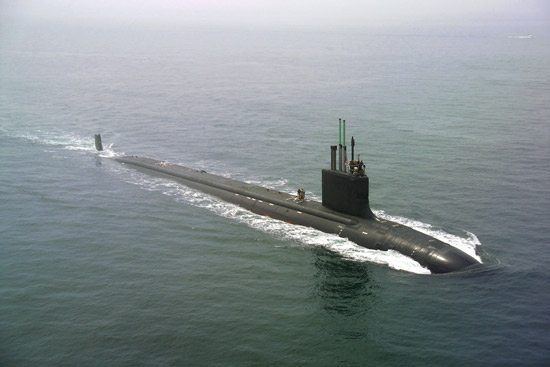While the big news coming out of the Pentagon today was the closure of U.S. Air Force facilities at RAF Mildenhall, England, the Army will also consolidate or close several facilities in Europe.
The Department of Defense announced changes to the U.S. military presence in Europe during a Jan. 8 press conference at the Pentagon. The changes are the result of a two-year process, called the European Infrastructure Consolidation, or EIC, to review U.S. force presence and facilities in Europe.
Changes recommended by the EIC will occur over the next several years, and are expected to “produce savings that will enable us to maintain a robust force presence in Europe,” said Derek Chollet, the assistant secretary of defense for International Security Affairs.
Chollet said the changes would consolidate some existing support infrastructure, but would not affect operational ability, or the ability of the United States to support its partners in Europe.
In Germany, the Army’s Barton Barracks at U.S. Army Garrison Ansbach will be returned to the host nation. At U.S. Army Garrison Rheinland-Pfalz, the Hoppstaedten Waterworks, the Pfeffelbach Waterworks, and the site at Husterhoeh Kaserne will close. A portion of the Army-run Pulaski Barracks will also shutter. The Weilimdorf Warehouse Site at U.S. Army Garrison Stuttgart is also slated for closure, as is the Mainz-Kastel Station and the Amelia Earhart Hotel at U.S. Army Garrison Wiesbaden. The Army will partially return to Germany the Artillery Kaserne, part of U.S. Army Garrison Bavaria.
In Italy, about half of Camp Darby, near Livorno, will be returned to the host nation. Additionally, the Vicenza Health Center — an Army-run facility — will be converted to outpatient and specialty care only.
In Belgium, the Brussels-leased site at U.S. Army Garrison BENELUX will close down, as will the Schinnen Emma Mine site in the Netherlands.
Recommendations for change, as part of EIC, were developed using a process similar to what the DoD has used in the past to develop recommendations for Base Realignment and Closure, said John Conger, the acting deputy under secretary of Defense for Installations and Environment.
“We looked at capacity, requirements, military value, at cost, and at the diplomatic dynamics involved in each action,” he said.
The announced changes in Europe will not happen immediately, and will likely happen alongside other changes not directly related to EIC, he said.
“These recommendations will be executed over the next several years,” Conger said. “That does not mean everything will remain static while these changes occur. There were consolidations made before EIC, and there will undoubtedly be future basing actions.”










